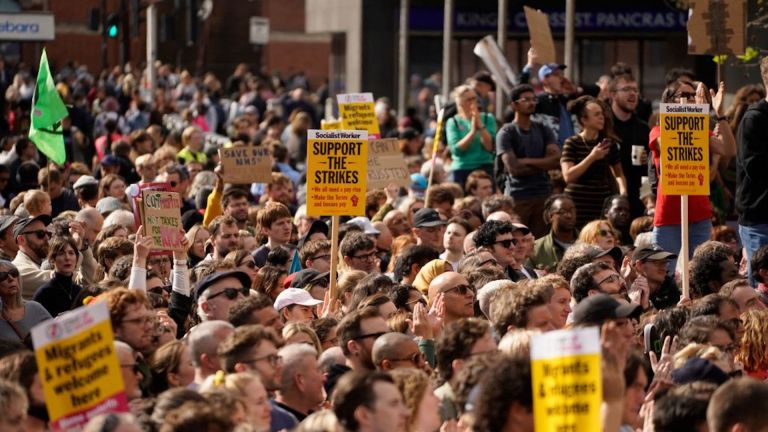In their Annual Leave Report 2024, PeopleHR found that annual leave taken across the UK dropped by 7.67% over the past year, falling almost 12% since 2020 from an average of 38 days per employee to only 34. That means a meagre 13% of our lives each year is spent out of work – that’s including weekends, bank holidays, public holidays and annual leave. That’s not exactly a healthy work/life balance.
So what’s keeping us in the office, afraid to switch off from work? According to MBACP-certified counsellor Georgina Sturmer, who specialises in uprooting the causes of stress and dissatisfaction, the blame lies in connectivity. “In the past few years, our boundaries have shifted beyond all recognition when it comes to our relationship with our workplace,” she says.
“The rise of 24/7 connectivity, and the increase in home working, has made it harder for us to feel as if we have a solid boundary between our personal and professional lives. We can be contacted wherever we are, at any time of day, leading to an increased sense of guilt if we are not ‘always on’.”
Career coach Victoria McLean agrees, adding that constant connectivity has created a “conditioning by society to be constantly doing”. While many are understandably egged on by desires for a “pay rise or promotion,” a lot of the reason is down to “the weight of identity that we give work in our lives”. It is 87% of our lives timewise, so its importance to our identity is clearly outbalanced.
Financial pressures are another big motivator. Sturmer explains, “The cost of living crisis has led to an increased sense of vulnerability and insecurity in the workplace. So, if we were already feeling under pressure to perform at work, this is likely to make us feel even more driven to work harder and for longer, to prove our worth and make ourselves invaluable.”
Big Issue is demanding an end to extreme poverty. Will you ask your MP to join us?
Whatever the reason, the outcome is the same. “If we are hyper-focused on work without regular time off, it’s easy to become overwhelmed, exhausted and demotivated,” McLean says. “This can lead to stress, anxiety, depression – other parts of our lives then suffer, and burnout can become a real possibility.”
So what can we do? “Switching off from work starts with setting boundaries,” says McLean. “It doesn’t have to be a wholesale change in how you work – it could just involve being clear about when you send, read and act on emails, or making weekend working or travelling a hard no.”
It’s not just workers who need to head the revolution, management and government also need to step in and set an example. McLean is interested to see whether the UK pushes through the Right to Disconnect Bill like France and Australia have done. The bill would mean, McLean explains, “Once workers are off the clock, they won’t receive, or be required to answer, any work-related calls, emails or messages.”
In the meantime, it’s down to us individuals. Sturmer says, “If managers and colleagues role-model strong boundaries and good levels of self-care, this shows it’s acceptable for us all. And, in the long run, is likely to make us less stressed, more creative and more productive as we avoid symptoms of burnout.”
This article is taken from The Big Issue magazine, which exists to give homeless, long-term unemployed and marginalised people the opportunity to earn an income. To support our work buy a copy!
If you cannot reach your local vendor, you can still click HERE to subscribe to The Big Issue or give a gift subscription. You can also purchase one-off issues from The Big Issue Shop or The Big Issue app, available now from the App Store or Google Play










